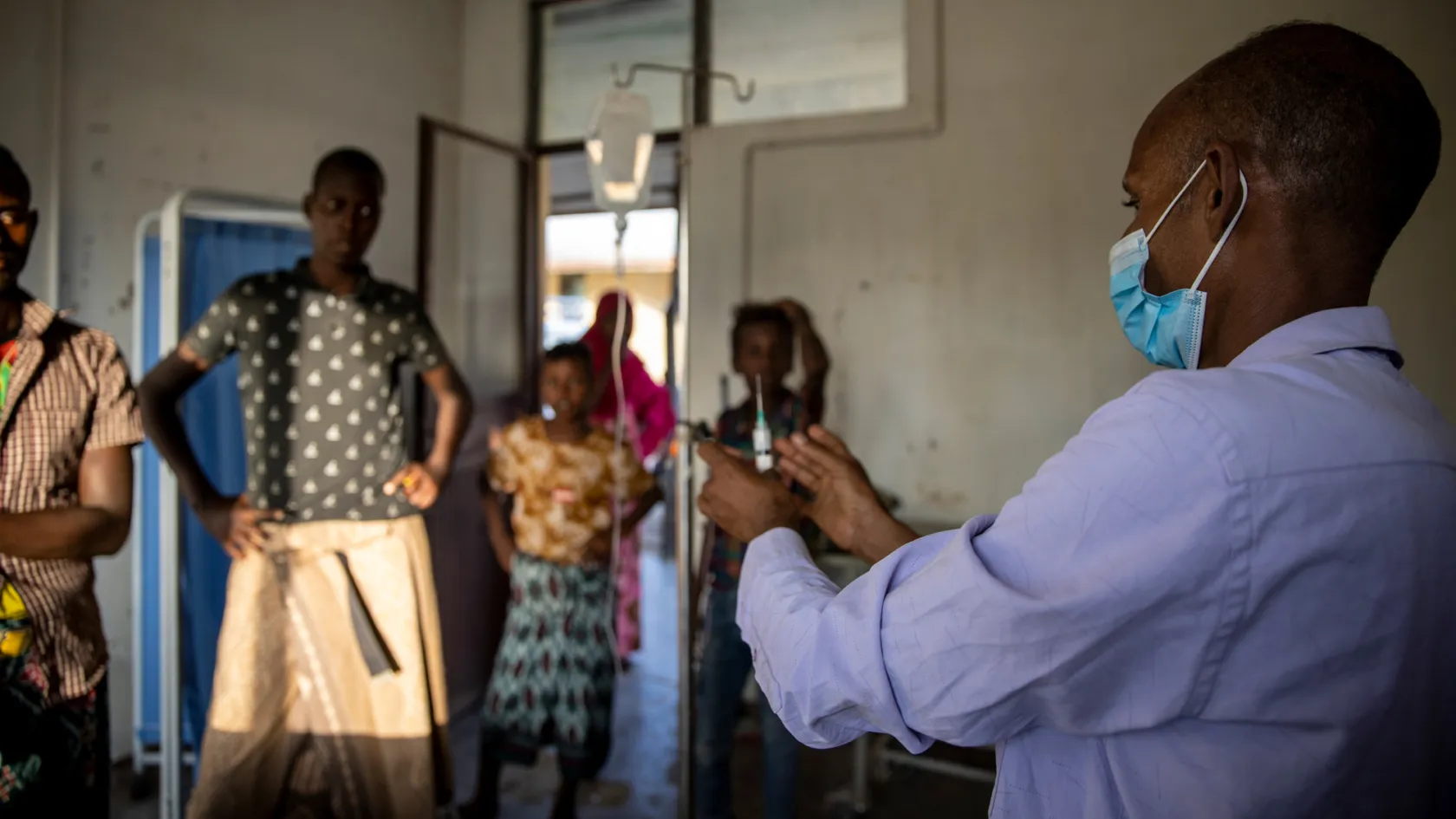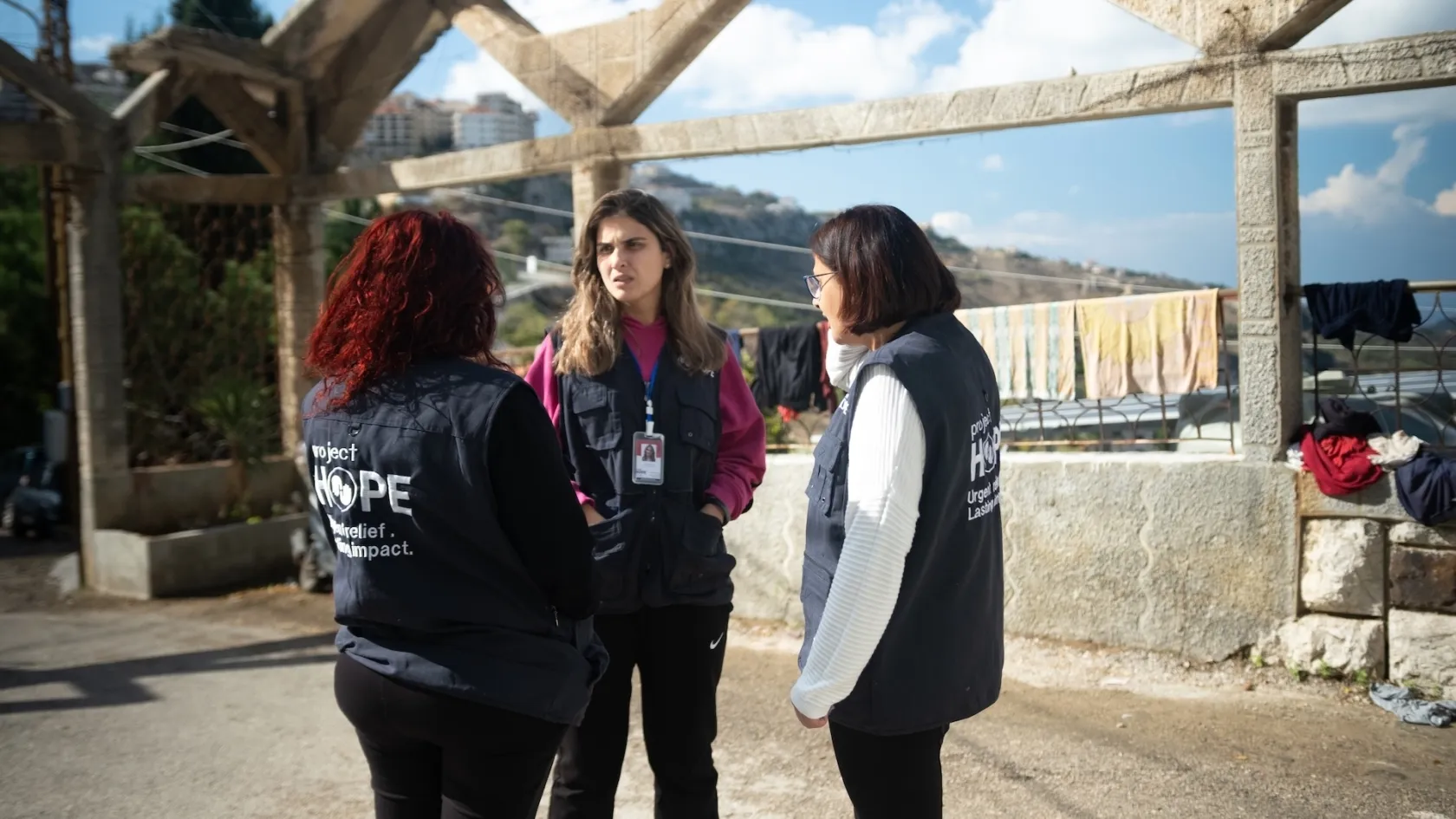5 Things to Know About the Humanitarian Crisis in Sudan
Conflict has raged inside Sudan for more than 100 days, leaving the country’s health systems and citizens in a devastating humanitarian crisis. Here are five things to know about what’s happening.
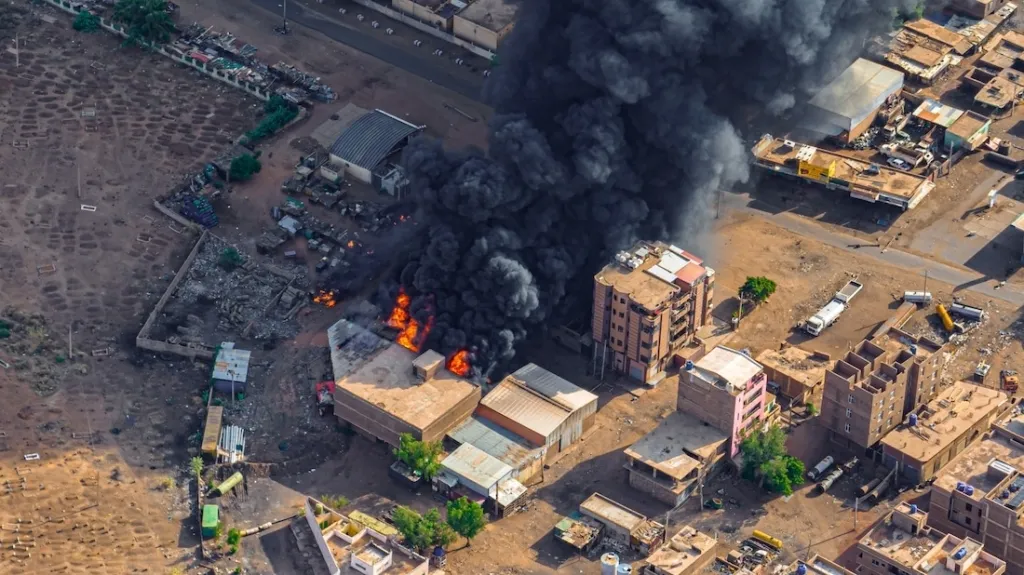
Violent conflict in Sudan has spread across the country and continued for more than 100 days, claiming the lives of 1,081 people and injuring over 11,000 more. Millions of people have been displaced, and the country’s health system is on the brink of collapse, with health workers unable to access the medicines and supplies they need to care for their communities.
Project HOPE has mobilized a response and is delivering badly needed medicines and medical supplies inside Sudan through local partners. Project HOPE also supported its local partner, Nada Elazhar for Disaster Prevention and Sustainable Development (NADA), to provide vital trainings for health care workers, sexual and gender-based violence case management, mental health and psychosocial support, and education on unexploded ordnance.
Here are five things to know about what’s happening right now.
1. Remember Darfur?
The conflict in Darfur, which killed 200,000 people and displaced up to 2 million people between 2003 and 2005, dominated the media for years and has remained a symbol of a time when the international community took too long to intervene and provide support to the suffering population. Many died not only of conflict-related injuries, but also of preventable starvation and disease.
The current conflict echoes that tragedy, having tossed all of Sudan into a devastating turmoil that reaches from Khartoum and bleeds across borders. The reports from Project HOPE’s partners on the ground are overwhelming and recall the stories of Darfur’s catastrophic war nearly 20 years ago.
The United Nations has stated that over $2.5 billion dollars are needed to support the nearly 25 million people in need of humanitarian support, and less than 23% of that funding goal has been reached. After the genocides in Rwanda, Bosnia, and Darfur, the world said “never again,” but the bleak picture of what’s happening in Sudan and the lack of support to the millions suffering show the opposite.

2. Children are dying and will continue to die of malnourishment.
Food insecurity had already impacted one-third of Sudan’s population prior to the conflict, driven by climate change, the increasing costs of food, and the lasting impact of the Darfur crisis. The World Food Programme has reported that food prices are 137 times higher than this time last year, and, with the economy and humanitarian aid paralyzed under the current conflict, the number of those going hungry continues to rise steeply.
West Darfur, West Kordofan, Blue Nile, Red Sea, and North Darfur will suffer the most from food insecurity. More than 19 million people across Sudan are projected to be food insecure by August, including half of all the country’s children. That’s equivalent of the total population of New York state.
The deaths, severe wasting, and long-term physical and emotional impacts from malnutrition are preventable. The people of Sudan and those fleeing to neighboring countries need unhampered access to health and nutrition services. A rapid scale-up of therapeutic treatment and food services needs to happen immediately, before an unfathomable number of people — including countless children — die from malnutrition.
3. Sexual and gender-based violence is rapidly rising.
Project HOPE’s staff in Khartoum is reporting a rapid rise of rape cases against not only women but young girls as well. The Sudanese government’s Combating Violence Against Women Unit has recorded dozens of sexual violence cases including incidents of kidnapping and gang rape, also stating that this figure is severely underreported as people cannot access health facilities.
With the breakdown of communities, law and order, and with the sharp rise of displaced people, it is inevitable that many will be targets of rape and other sexual gender-based violence.
Despite the International Criminal Court’s declaration that rape in conflict constitutes a crime against humanity, the ability to police and prevent this type of violence is limited in a situation like Sudan. Humanitarian organizations, including Project HOPE’s partner, NADA, are providing mental health support and case management services to survivors of sexual and gender-based violence. Further resources are needed, including continued mental health support for survivors, information dissemination on the risks of sexual and gender-based violence, safe spaces for women and children, training for health care workers on the management of sexual and gender-based violence cases, and post-rape prophylaxis kits.
With the breakdown of communities, law and order, and with the sharp rise of displaced people, it is inevitable that many will be targets of rape and other sexual gender-based violence.
4. Health facilities are being targeted in the conflict.
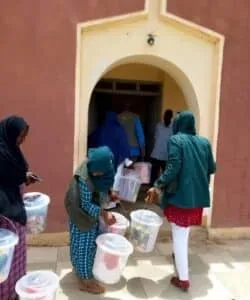
Recently, a hospital in Omdurman was targeted by shelling, marking yet another civilian health facility that has been attacked in the past three months. The World Health Organization reported in June that nearly 70% of hospitals in active conflict areas are now closed, and those that are open are severely lacking in supplies and staff.
The lack of health care impacts not only those injured in the violence but also pregnant women, those with chronic diseases like diabetes and hypertension, as well as cancer patients. Many of the hospitals that are still operational are providing services free of charge, impacting the ability to pay their own staff. Health care staff are suffering from serious mental health burdens and are unable to manage their own needs as they fight to provide care for their patients.
There are some reports that the Sudanese government’s medical supply warehouses, which also contain WHO’s and the United Nations Population Fund’s medical supplies, have been occupied. Other warehouses across the country, including in Darfur, are inaccessible. Health facilities are facing critical shortages, hampering their courageous efforts to continue to support their communities.
The situation is dire, and the crisis is only growing. Project HOPE is importing two Interagency Emergency Health Kits (IEHKs) and additional pharmaceuticals and medical supplies into Sudan, but as the conflict continues, additional support to health facilities is an absolute must.
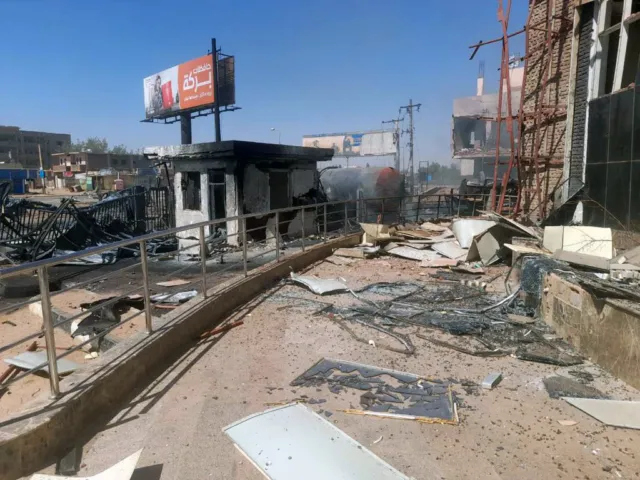
5. You can help.
Project HOPE is working to deliver key aid, including the delivery and distribution of pharmaceuticals and medical supplies to the hospitals continuing to receive patients. We alsoworked through our partner, NADA, to provide case management services, including mental health care, for survivors of rape, and dignity kits that include feminine hygiene items for displaced women and girls. NADA also broadcasted radio-based educational messages on unexploded ordnance throughout the country.
In August 2023, Project HOPE successfully delivered two Interagency Emergency Health Kits (IEHKs) to Al-Nau Hospital in Omdurman, a city near Khartoum. These IEHKs will serve the primary health care needs of 20,000 people for up to three months. In addition, a shipment of 36,000 bottles of antibiotics is en route and our team is readying additional supplies for future delivery.
Your donation to our efforts in Sudan will multiply the number of people we can serve. Project HOPE is committed to supporting the people of Sudan, but we cannot do it without your help.
Chessa Latifi is a Senior Program Advisor for Global Health at Project HOPE.

